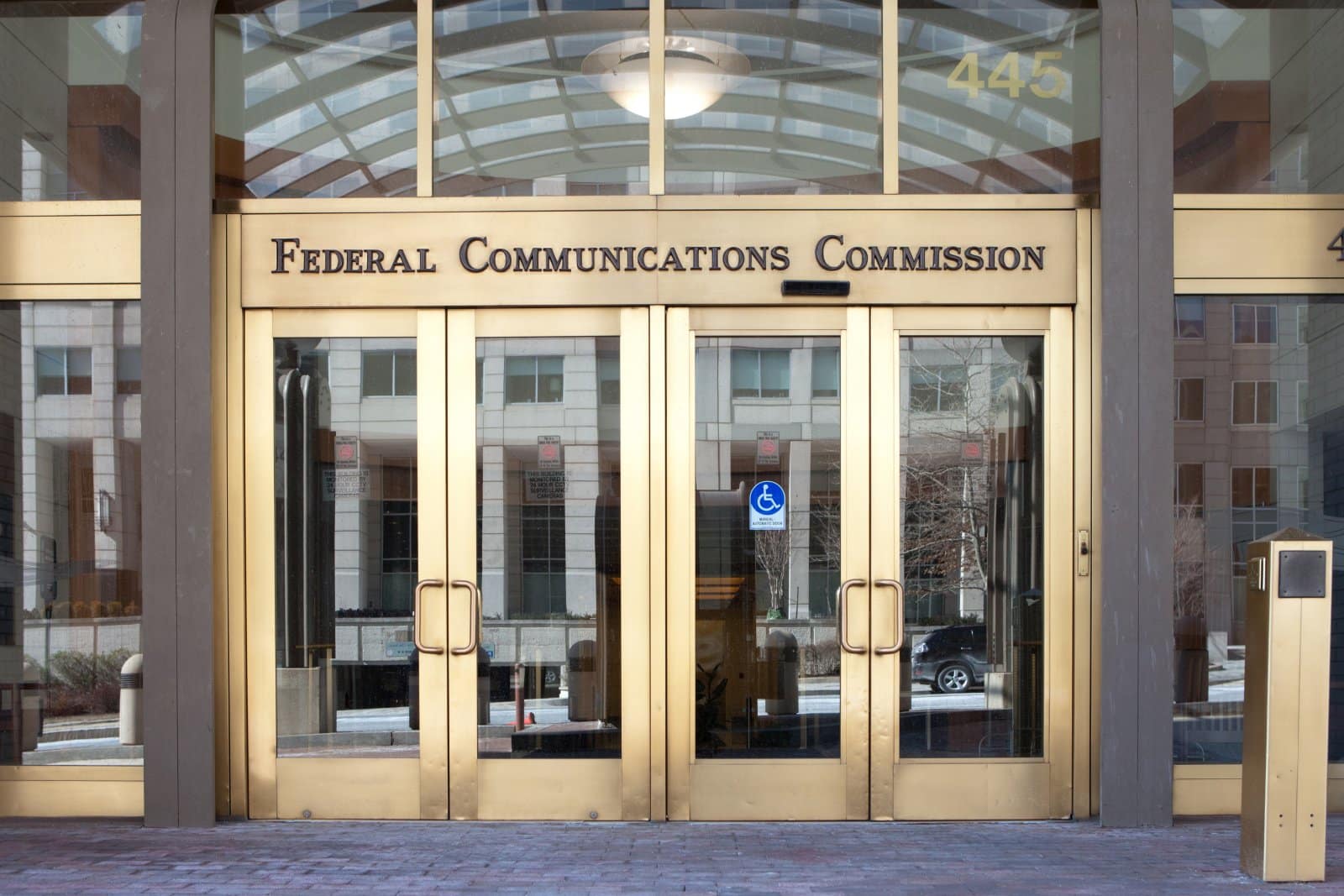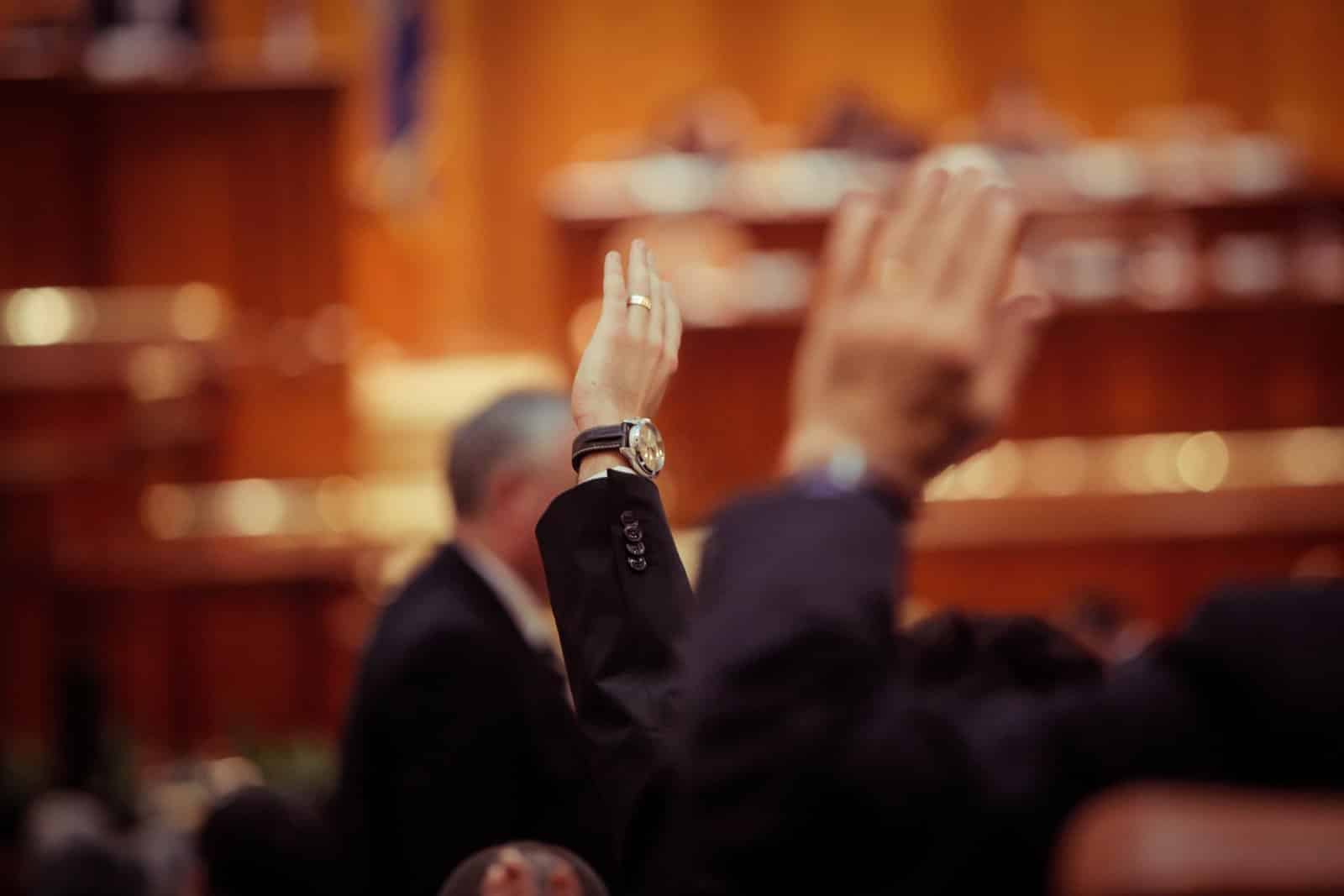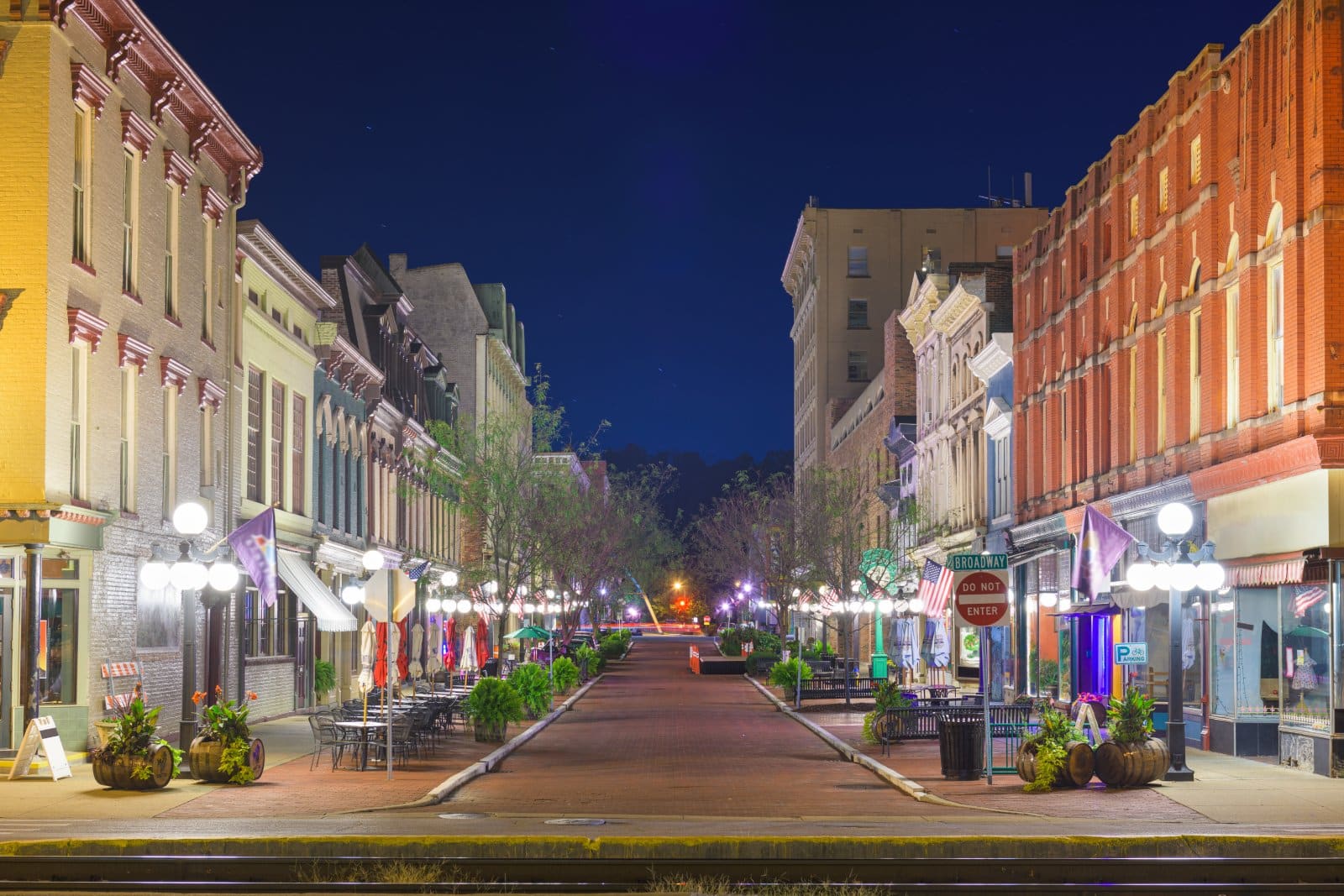A federal program that subsidizes internet bills for low-income households is now on the chopping block, dealing a financial blow to millions.
End of the ACP

The Affordable Connectivity Program (ACP) is a federal benefit program instated in 2021 that has been providing low-cost internet for low-income households for the last 3 years.
Running Out of Funds

But the program is running out of funds and is set to expire on Wednesday, potentially leaving millions of Americans in the lurch.
Internet for 60 Million

Currently, the ACP provides internet to approximately 60 million people, many of whom are over the age of 50, based on Federal Communications Commission (FCC) data. Many of these households also include military veterans and rural households.
Modern Household Necessity

A working internet connection has increasingly become a basic necessity for most households across the country, as people use it for work, to communicate with family, to pay bills, order groceries, and more.
“Internet Has Become So Essential”

“They wanted to make sure that everyone had access to the internet because the internet has become so essential, so they put together a program,” said economics professor Bradley of the University of Nevada Las Vegas.
Monthly Benefits

Through the ACP qualifying families could receive a $30 monthly internet subsidy, and households on tribal land could claim as much as $75 per month.
A Terrible Choice for Millions

Now it is feared that millions of low-income Americans will be forced to choose between paying for food and paying for their new internet bills.
Serious Fears for Families

A recent survey backed by Comcast showed that 65% of participants who receive ACP benefits fear they will lose their jobs without the monthly payments. Over 80% believe it will negatively affect their children’s grades at school.
Benefits Reduced, Applications Closed

The expiration of the program was announced back in May, with the program reducing the benefits that families would receive by half. Applications to the program were permanently closed on February 7.
“Demand is High”

“There’s no denying that demand for ACP support is high,” said FCC chair Jessica Rosenworcel. “But absent additional funding from Congress, the ACP will run out of funding after April 2024.”
It Will “Undo Significant Progress”

“As a result, the Commission has started to wind down the program. This includes ceasing new enrollments on February 8, 2024,” she continued. “The end of the ACP will undo the significant progress this program has made towards closing the digital divide.”
$14.2 Billin Funding

Beginning in 2021, the program was initially given $14.2 billion in funding due to the Bipartisan Infrastructure Law that Congress passed in the same year.
No Moves from Congress

The FCC pointed to ongoing political squabbling as the cause. As the program continued to run out of money and implored the government to provide more, Congress made no moves to approve extra funding.
“Widening the Digital Divide”

“Because of political gameplay, about 60 million Americans will have to make hard choices between paying for the internet or paying for food, rent, and other utilities, widening the digital divide in this country,” said former FCC official Gigi Sohn.
“It’s Embarrassing”

“It’s embarrassing that a popular, bipartisan program with support from nearly half of Congress will end because of politics, not policy,” she continued.
Political In-Fighting in Congress

The current Republican-led Congress has made extensive moves to reduce government spending, which has resulted in months of blocked bills and delayed aid packages.
The Next to Fall

The ACP is one of a number of programs and bills that have fallen victim to the GOP crackdown. Experts, like policy analyst Blair Levin of New Street Research, believe that funding would be approved if House Speaker Mike Johnson allowed a vote.
“He Will Not Allow the House to Vote”

“So far, he has not said anything about it, but it appears he will not allow the House to vote on the legislation,” Levin shared. “He has not, to my knowledge, said anything substantive about the legislation or the program.”
A Self-Defeating Strategy

Others have called it a self-defeating move by the Republican speaker and other Congress members, as the program provides millions in savings to residents of red districts, according to White House data.
Supported on Both Sides

What’s more, the ACP has proven to be a bipartisan law that has received overwhelming praise and support from both Democrat and Republican voters, according to surveys.
21 States Where Squatters Can Legally Claim Your Property

Discover how squatters’ rights, or adverse possession, are more than just legal jargon—they’re stories of unexpected twists in the world of real estate. From sunny California to the historical landscapes of Pennsylvania, here’s how these laws could turn the tables on homeowners and squatters alike. 21 States Where Squatters Can Legally Claim Your Property
14 Things That Are Banned in the U.S. but Totally Fine Elsewhere

Ever feel like America’s rulebook was written by someone with a dartboard? Across the pond or down under, things get even wackier. Let’s take a walk on the wild side of global “Do’s” that are definite “Don’ts” in the Land of the Free. 14 Things That Are Banned in the U.S. but Totally Fine Elsewhere
25 American States Nobody Wants to Visit Anymore

Across the United States, some states capture the hearts and itineraries of many, while others remain quietly on the sidelines, overshadowed or misunderstood. These 25 states, facing what you might call a popularity crisis, are brimming with hidden wonders, cultural riches, and natural beauty, awaiting those willing to look beyond the usual tourist trails. 25 American States Nobody Wants to Visit Anymore
20 Foods That Are Cheaper to Eat Out Than Making at Home

In a world where convenience often wins, certain culinary delights come with a lower price tag when enjoyed at a restaurant rather than crafted in your own kitchen. Here are twenty foods that might save you both time and money when indulged in at your favorite eatery. 20 Foods That Are Cheaper to Eat out Than Making at Home
17 Things You’re Paying For, but You Don’t Have To

In the land of the free, there’s a price tag on everything, but savvy Americans know better than to open their wallets for just anything. Here are 17 expenses you’ve been shelling out for without realizing there’s a cheaper or even free alternative. 17 Things You’re Paying For, but You Don’t Have To
The post Internet Costs to Climb for Millions as Federal Program Ends first appeared on From Frugal to Free.
Featured Image Credit: Shutterstock / adriaticfoto.
The content of this article is for informational purposes only and does not constitute or replace professional financial advice.
